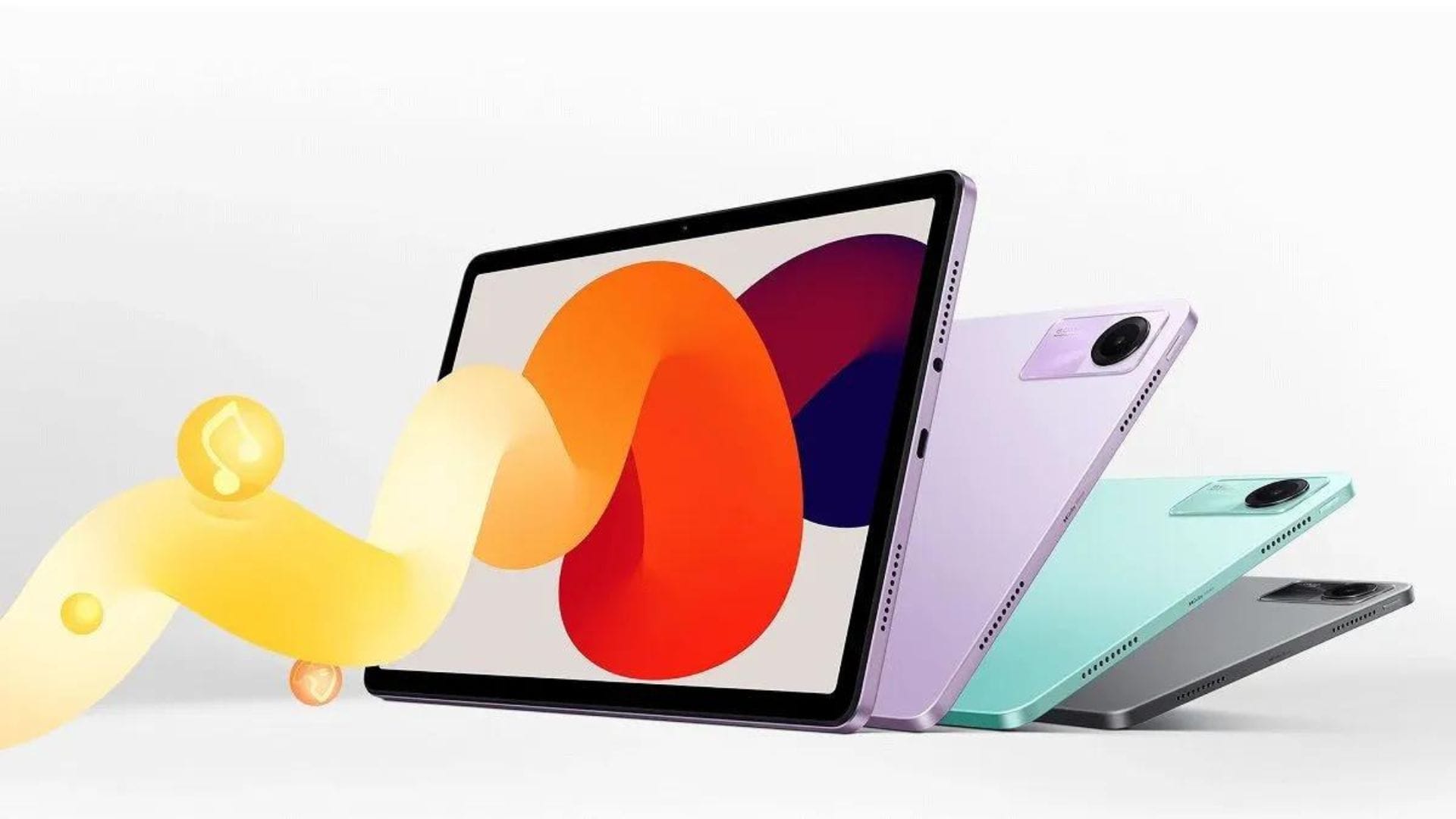Xiaomi’s Redmi Pad SE 8.7: An entertainment tablet with 4G and MediaTek processor
Xiaomi launches the Redmi Pad SE 8.7 in Singapore, featuring a MediaTek processor, Dolby Atmos, and 4G connectivity, starting at S$229.

Xiaomi has introduced its latest entertainment-focused tablet, the Redmi Pad SE 8.7, to the Singapore market.
Table Of Content
The Redmi Pad SE 8.7 features an 8.7-inch display with a resolution of 1340 x 800 pixels, providing up to 600 nits of brightness and a 90Hz adaptive sync rate. This ensures smooth visuals and vibrant colours, making it perfect for media consumption. Under the hood, the tablet is powered by an octa-core MediaTek Helio G85 processor with up to 6GB of RAM and 128GB of internal storage. The Mali-G52 MC2 GPU handles graphics, ensuring a seamless gaming and video experience. For audio, the tablet boasts dual stereo speakers with Dolby Atmos support, delivering rich and immersive sound. Additionally, it supports expandable storage of up to 2TB via a microSD card, giving you plenty of space for all your files and media.
Camera and user interface
The Redmi Pad SE 8.7 has an 8MP rear camera with an f/2.0 aperture and a 5MP front camera with an f/2.2 aperture, making it suitable for video calls and capturing memories. A significant change from previous models is that this tablet runs on Xiaomi’s HyperOS UI over Android U rather than the familiar MIUI. HyperOS aims to provide a more refined and polished custom Android experience while maintaining the functionality users expect from MIUI.
Regarding connectivity, the Redmi Pad SE 8.7 offers Wi-Fi, 4G, dual SIM card slots, and a USB-C port for charging. The tablet is powered by a substantial 6,650mAh battery, which supports 18W fast charging, ensuring you can stay connected and entertained throughout the day.
Price and availability
The Redmi Pad SE 8.7 4G is available in three stylish colours: Graphite Grey, Aurora Green, and Sky Blue. It has a starting price of S$229 and a 6GB RAM and 128GB storage variant. You can purchase it exclusively from Xiaomi-authorised stores. For added protection, a black cover add-on is available.
Comparison with Samsung Galaxy Tab A9
For comparison, the Samsung Galaxy Tab A9, launched in November last year, features an 8.7-inch LCD with a resolution of 1340 x 800 pixels and a refresh rate of 60Hz. It is powered by a MediaTek Helio G99 chip, 4GB of RAM, and 64GB of internal storage. At launch, the prices for the Galaxy Tab A9 started at S$249 for the Wi-Fi-only model and S$329 for the Wi-Fi and 4G versions.
















